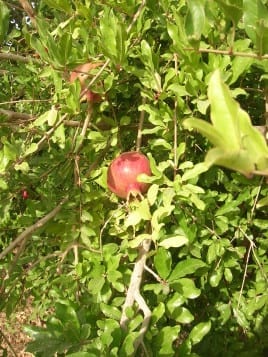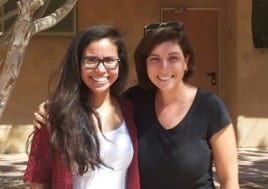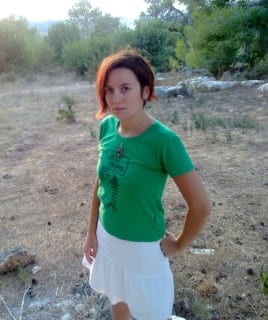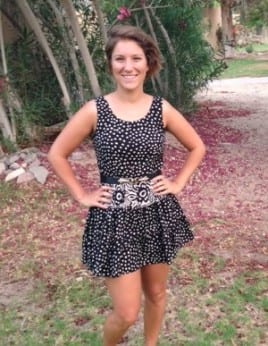Sadly, we are witnessing the unravelling of the tapestry of the Middle East before our eyes. The loss of innocent lives and the creation of a new generation of refugees is heart breaking. World leaders seem to be helpless, lacking the initiative, vision and will to act to avoid another international catastrophe. Global issues require top down solutions but while government leaders and international agencies scramble to come up with a coherent answer to the snowballing Middle East crises, environmental practitioners and social change agents are working on the ground to improve lives, find sustainable solutions and build a network of interdependent communities who have a stake in cooperation, development and stability. Despite the turbulence in the region and the sometimes less then helpful attitudes of local authorities on all sides, the Arava Institute continues to partner with Palestinian and Jordanian scientists, engineers and municipal leaders to provide a clean healthy environment, water for drinking, agriculture and nature and clean energy, all of which leads to an improved quality of life and is a disincentive to extremism and violence. In the coming months, the Arava Institute will be reaching out to potential students in Gaza in order to start addressing the looming humanitarian crises threatening one of the most densely populated regions in the world. Recently, USAID asked the Arava Institute to explore the use of the bio-digester technology in the Syrian refugee camps in Jordan to help mitigate the growing sanitation problems and to provide off-grid energy solutions. I have no illusion that a small organization like the Arava Institute will be able to provide top down solutions which must come from government leaders but along with our many non-governmental partners, we can lay the ground work for grass roots solutions which have the potential to go viral, reframe animosity into cooperation, improve lives, give people an interest in peace and economic stability and enable the politicians to step in at the end and take all of the credit.
This month’s blog is empirical evidence that everyone is replaceable. The blog is full of inspiring profiles and stories of our new interns and staff as well as recognition of the important work of Dr. Elaine Solowey in her Experimental Orchard, all of which all took place while I was on a family vacation in the US. I wonder if I will still have a desk when I get back. David Lehrer
Arava Institute’s Experimental Orchards recognized as Shelter Garden

Submitted by Hannah Kadish
New Peace-building Leadership Seminar coordinator: Kate Cohen
Kate Cohen, Arava Institute Alumna and former Program Associate, is the new Peace-building Leadership Seminar (PLS) Coordinator. PLS is an integral and compulsory component of the Arava Institute academic program that consists of a series of discussions, workshops, guest lectures, and field trips. It was created to address contemporary issues concerning nationality, race, religion, ethnicity, gender, power and privilege in a facilitated atmosphere with the aim of encouraging open dialogue among the Arava Institute’s diverse student body. Participants develop their own inter/intra-culture communication and leadership capabilities. Students are encouraged to look critically at their own views and cultural values and to implement new principles of understanding and coexistence into their daily lives as students of the Institute as well as outside the program among their peers, family and colleagues. Kate is very excited to draw upon her experience at the Arava Institute, as well as her background in Non-violent Communication and group facilitation, in her new role as PLS coordinator. She is looking forward to working with students and interns to collaboratively plan and facilitate a number of sessions and will be hosting guest presenters from a wide variety of fields to lead workshops.
Submitted by Kate Cohen
Fall 2015 Program Associates: Meira Goodman and Mary Ann Maestas
The Fall 2015 Semester is about to begin with new students, new and old interns and two brand-new Program Associates, who will live with the students and assist the Campus Life Director in the daily running of the campus.

Mary Ann Maestas is from Santa Fe, New Mexico, USA, and recently completed her undergraduate degree at Smith College in Northampton, Massachusetts, where she majored in Environmental Science and Policy. She studied at the Arava Institute as part of her Junior Year Abroad during the spring 2014 semester. She too is happy to rejoin the Institute and meet a fresh group of students.
Submitted by Meira Goodman and Mary Ann Maestas
Intern Profile: Ilana Leizin

Submitted by Ilana Leizin
Alumni Follow up: Liel Maghen appointed Executive co-Director of IPCRI-Israel Palestine Creative Regional Initiatives
We congratulate Liel Maghen, who was a student at the Arava Institute in the fall 2009 semester, on his new position as Executive Co-Director of the Israel Palestine Creative Regional Initiatives (IPCRI). Read more about Liel and his work at IPCRI on our Facebook page.


